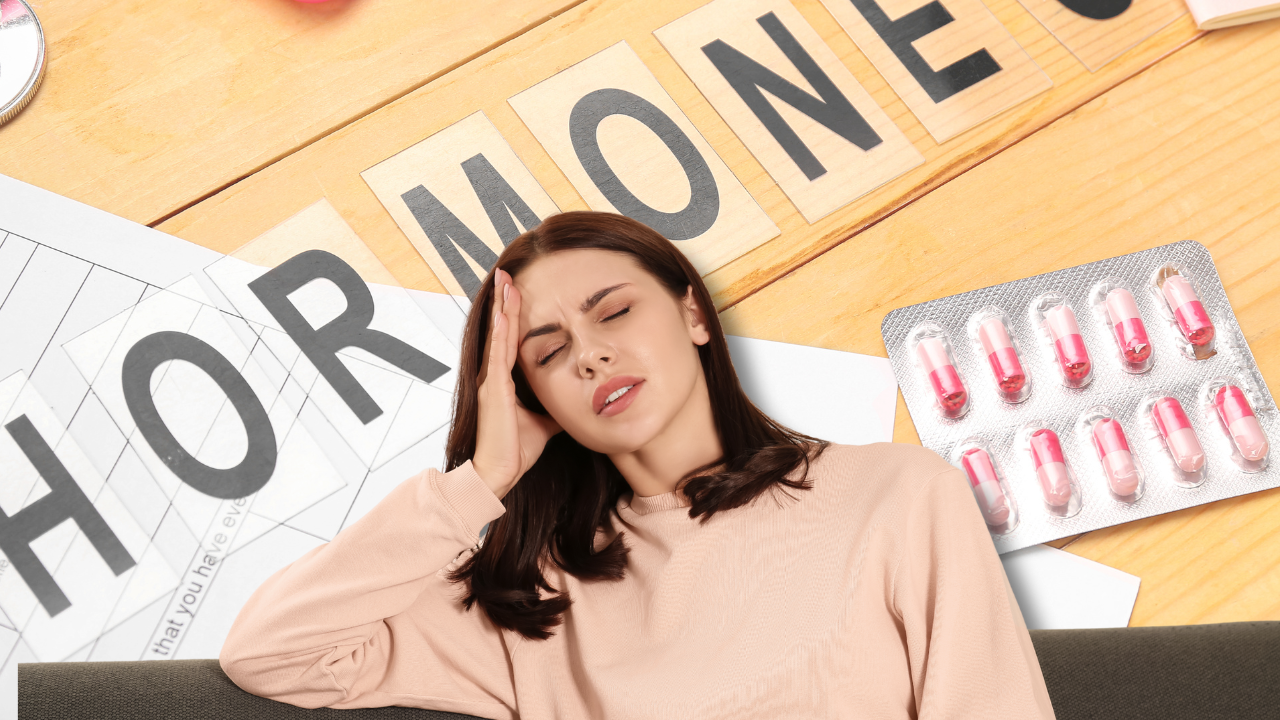5 Things People In Their 20s Should Know To Support Hormonal Health, According To Gynecologist

(Credit-Canva)
SummaryWhile most of us do not realize it, our hormones play a big role in our health. Our daily habits and activities can affect our hormonal health a lot and disrupt our natural well-being. However, there are ways you can regulate it. Here are 5 things people in their 30s should do to regulate their hormones.
End of Article
